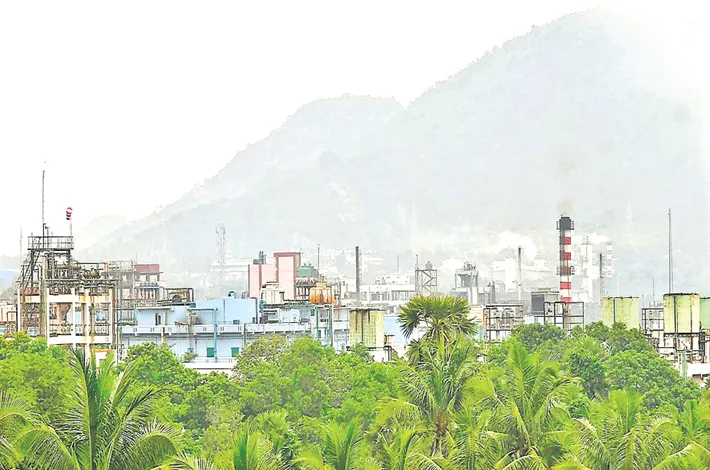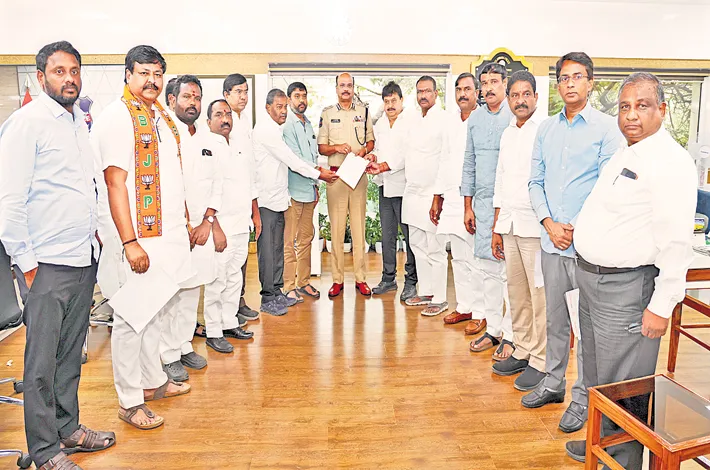Clean Air Zones in Vijayawada and Visakhapatnam to tackle pollution
12-06-2025 12:00:00 AM

KIRANMAI TUTIKA | AMARAVATI
In a significant move to combat rising air pollution and improve public health, parts of Vijayawada and Visakhapatnam will soon be designated as Clean Air Zones (CAZs) starting this July. This initiative, launched under the leadership of the Andhra Pradesh Pollution Control Board (APPCB), is part of a phased approach aimed at ensuring cleaner air and a healthier urban environment.
The APPCB recently unveiled the project roadmap in collaboration with municipal corporations, the transport department, city police, and technical experts from Transport for London (TfL), an international authority on urban mobility solutions. The pilot phase will cover Ramesh Hospital Junction and Siddhartha College Junction in Vijayawada, as well as King George Hospital’s vicinity in Visakhapatnam, identified as pollution hotspots.
“This initiative will develop tailored solutions, paving the way for city-wide clean air management,” said P. Krishnayya, Chairman of APPCB. The project is guided by Artha India, a Mumbai-based sustainability consultancy, with technical support from TfL and The Energy and Resources Institute (TERI), New Delhi.
Highlighting the importance of sustainable urban planning, Prithika Hingorani, CEO of Artha India, stated, “Over the past two years, we have gathered extensive data and devised solutions focusing on traffic decongestion, enhanced public transport, and last-mile connectivity. Additionally, Miyawaki urban forests will be introduced where space permits.”
The project prioritizes multi-stakeholder involvement, ensuring participation from municipal bodies, traffic police, and local communities. Corporate partners are also being engaged to support long-term sustainability at minimal cost. Data from the National Clean Air Programme (NCAP) reveals PM2.5 and PM10 levels exceed permissible limits, particularly in commercial zones and during peak traffic hours, leading to respiratory and cardiovascular concerns.
Given India's projected urban growth of over 400 million additional residents by 2050, initiatives like CAZs are crucial. Cities such as London and Madrid have successfully implemented similar programs to reduce vehicle emissions and promote green mobility.
According to Dr. Swapna Kota, Project Manager at GVMC, “Clean Air Zones will significantly improve air quality and urban living conditions.” Starting in July, interventions will include restricted access for high-emission vehicles, promotion of electric public transport and e-bikes, and the development of eco-friendly pedestrian and cycling tracks. Additionally, real-time air quality monitoring and urban greening through Miyawaki forests and green buffers will be prioritized, reinforcing the state’s commitment to environmental sustainability.








